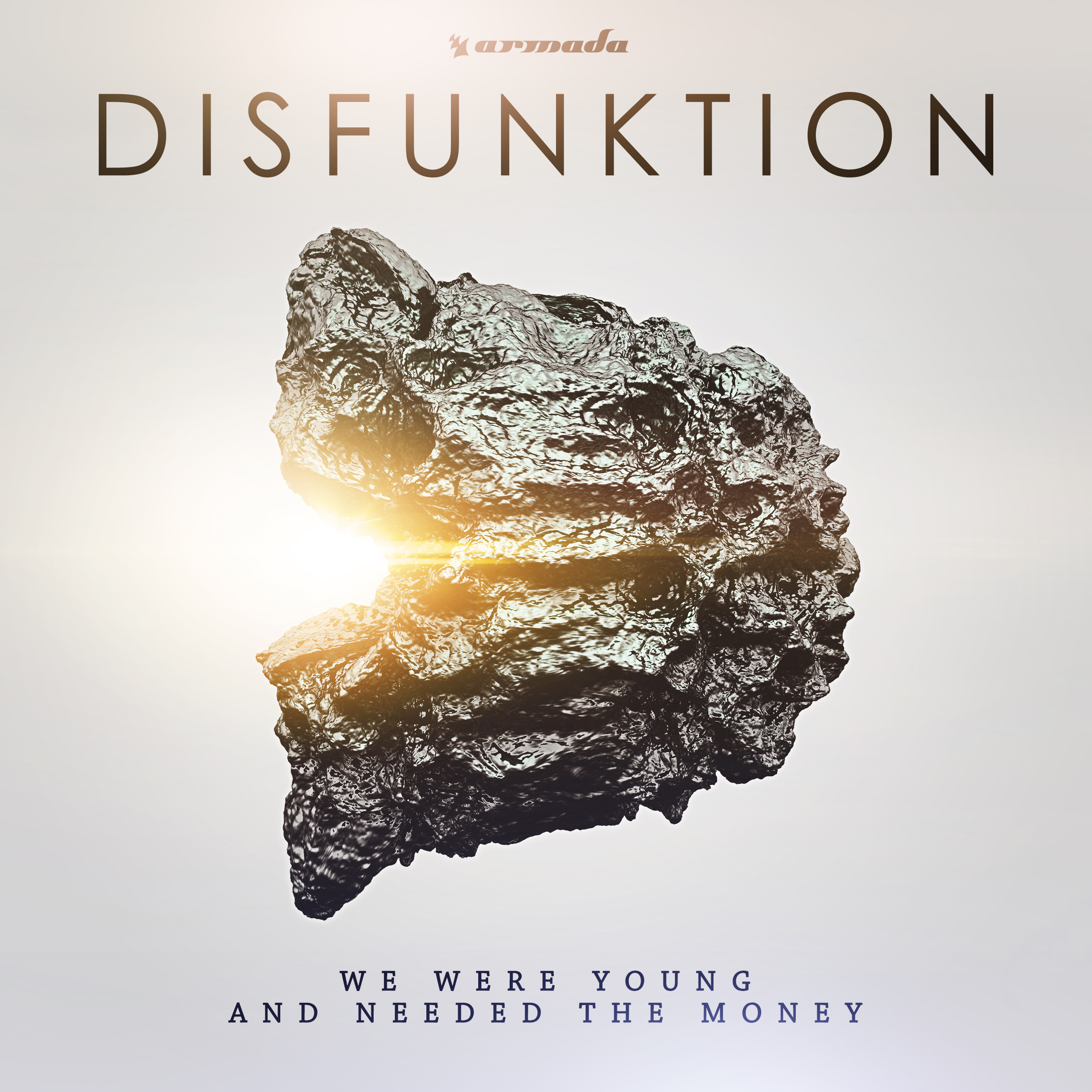The topic of ghost production has resurfaced in the news headlines recently, following an especially hostile series of tweets from Mat Zo late last month. In addition to calling out several members of the dance music community, and their “secret” insider tactics for operating in the industry, he focused his resentment on artists who have used others’ productions and claimed them as their own.
Electronic music has rotten teeth that need to be pulled.
He claimed that, in this case, he was representing the nerd standing up to the jocks who stole the other nerds’ homework. In a recent article featured in the June 27 edition of their magazine, Billboard describes the evolution of ghost production across different genres of music. While pop and hip hop have certainly seen their fair share over the years, the numbers of those in EDM have been growing more and more common as we begin to hold the next generation of “stars”.
It’s not surprising, Billboard says, that fans of the genre feel cheated when learning that their favorite artist’s production aren’t their own. The process of creating an original and professional-sounding dance track is an extremely complex and ultimately personal one. If a DJ’s unique sound turns out to be someone else’s, their entire image and reception can change.
Sometimes, however, ghost production isn’t as extreme as it sounds, says artist manager at Moodswing Brian Scully. Often, the DJs are simply in need of “finishing touches” or “a second opinion” to save them time while on tour.
In the end, regardless of the level to which someone is using another’s work, the key to maintaining a solid relationship with one’s audience is transparency. By being true to your word, and giving credit where credit is due, there will never be a need for secrets or coverups. Scully believes that there is a way to support ghost producers without losing integrity:
I don’t have a problem with it if the person not getting credit is benefiting professionally or financially. I do have a problem with experienced artists taking advantage of young producers. A talented kid who looks up to you isn’t going to say no or negotiate higher rates.
A substantial reason for the growing number of ghost producers in our community, says Billboard, is the revenue. These producers can earn “from $1000 to $20,000 per track from A-list DJs.” With this kind of money, and the gift of anonymity from the masses, it’s difficult to entirely blame ghost producers for doing what they do. The potential for foul play and shady tactics, therefore, rests solely on the shoulders of the artists who become the face for the music. If more artists opt against transparency and an honest relationship with their fans and peers, Twitter explosions like Mat Zo’s may become more commonplace.
Read the full Billboard article here to learn more.
Source: Billboard










